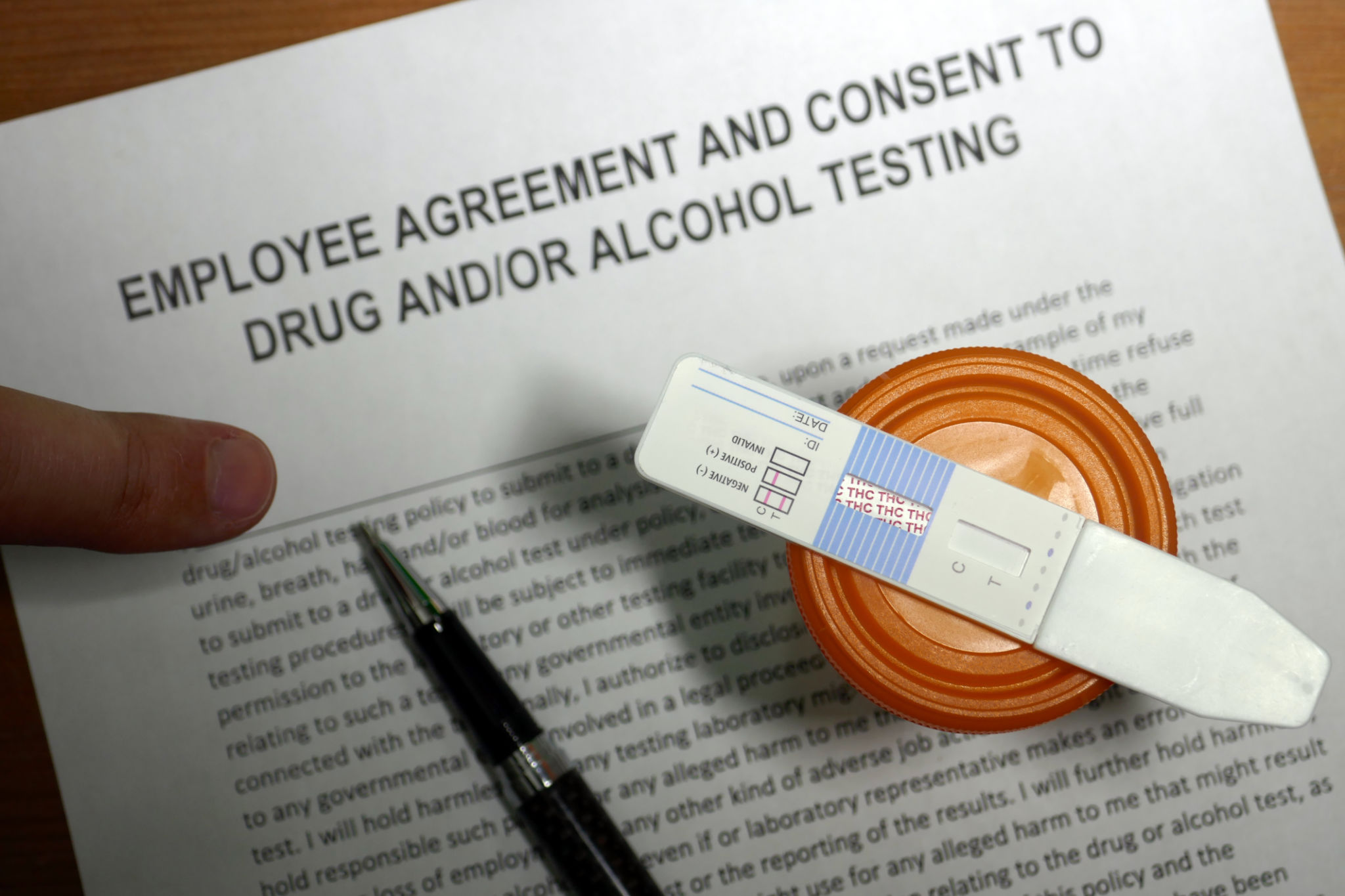Navigating Drug Testing Regulations in Sewell, NJ: What Businesses Need to Know
Understanding New Jersey's Drug Testing Laws
In Sewell, NJ, businesses must navigate a complex landscape of drug testing regulations. New Jersey's laws are particularly unique, given recent changes related to the legalization of recreational marijuana. It's critical for employers to stay informed to ensure compliance and maintain a safe workplace.
New Jersey allows employers to implement drug testing policies, but these must align with state and federal laws. Employers should be aware that while drug testing is legal, it must be justified by business necessity, especially in roles where safety is a concern.

Types of Drug Testing
There are several types of drug testing that businesses in Sewell might consider, each serving different purposes. The most common types include:
- Pre-employment Testing: Conducted before hiring to ensure potential employees are drug-free.
- Random Testing: Helps deter ongoing substance abuse among current employees.
- Post-Accident Testing: Used to determine if drugs were a factor in workplace incidents.
- Reasonable Suspicion Testing: When there is credible evidence or behavior indicating drug use.
Each type of testing has specific legal implications and must be implemented with clear policies and procedures to avoid discrimination and ensure fairness.
The Impact of Marijuana Legalization
The legalization of recreational marijuana in New Jersey has added another layer of complexity to drug testing policies. Employers can still prohibit marijuana use in the workplace, but they must consider how to address off-duty use that does not impair work performance.
It’s important for businesses to update their drug testing policies to reflect these changes and communicate clearly with employees about expectations and rules regarding marijuana use.

Creating a Comprehensive Drug Testing Policy
To effectively manage drug testing, businesses should establish a comprehensive policy that clearly outlines the types of tests conducted, the rationale behind them, and the consequences of failed tests. Such a policy should be shared with all employees and included in the employee handbook.
Employers should also provide training for supervisors to recognize signs of substance abuse and understand how to handle situations that require reasonable suspicion testing.
Legal Considerations
Ensuring compliance with both state and federal laws is crucial. Businesses may wish to consult with legal experts or human resource professionals when drafting or updating their drug testing policies. This can help avoid potential legal pitfalls such as privacy violations or discrimination claims.

Additionally, staying updated on legislative changes is essential. Laws regarding drug testing and marijuana use continue to evolve, and businesses must adapt their policies accordingly.
The Role of Employee Assistance Programs
Incorporating Employee Assistance Programs (EAPs) can be beneficial for businesses looking to support employees dealing with substance abuse issues. These programs provide resources and support for employees, which can lead to healthier workplace environments.
EAPs can offer counseling services, referrals for treatment, and education about the risks associated with substance abuse, helping employees make informed decisions.
Conclusion
Navigating drug testing regulations in Sewell, NJ requires careful consideration and adherence to both state and federal laws. By understanding the types of drug tests, the implications of marijuana legalization, and creating robust policies, businesses can maintain compliance while fostering a safe and productive work environment.
As these regulations continue to evolve, staying informed and proactive will empower businesses to effectively manage their drug testing procedures.